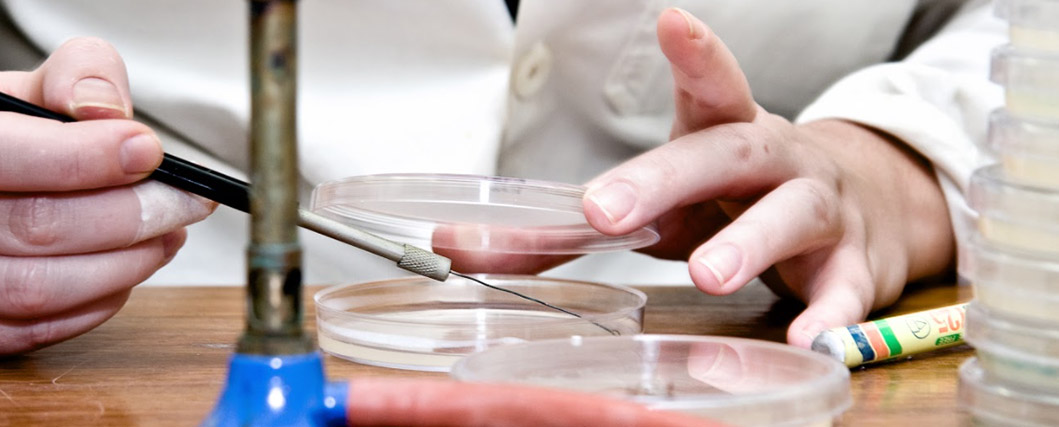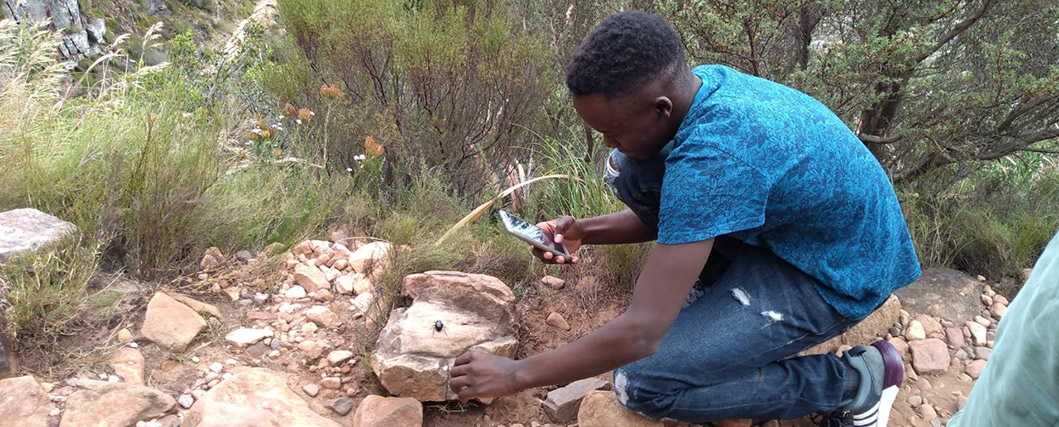Science

This programme focuses on the diversity, origin and function of organisms in relation to their environment. You will develop a theoretical understanding of the processes underlying the ecology of our natural systems. It provides an overview of animals and plants, ecology, evolution, biological changes on a global scale and remediation practices which translates into an understanding of the processes underlying historical and present events that effect our natural world. At the same time you will also develop your critical thinking and research skills. It is mainly offered by the Department of Botany and Zoology.


empty
empty tag
What subjects do I need to apply for a degree in biodiversity and ecology?
Both maths and physical science are compulsory. Life science is not compulsory, but it is recommended.
What are the entrance requirements?
Overall, you need an average final mark of at least 65%. That average is calculated excluding Life Orientation. For all your other subjects your average needs to be a minimum of 65%. Other than that, there are specific requirements for specific subjects. If we look at Maths for instance, you need a minimum of 60%. You need a minimum of 50% for Physical Science and for one of your languages and a minimum of 50% for one other admission subject. This could be Life Sciences (this is the recommended subject) but it could be Geography, it could be History, any of those other subjects.
Can I do a specialised postgraduate degree after my BSc BDE?
Absolutely yes!
Will my degree be internationally recognised?
Yes. A number of our students also move overseas after completing their studies with us to work overseas.
What salary can I expect to earn?
Well, it really does depend on where you stop. Somebody with a BSc will earn less that somebody with a Master’s degree, and they in turn will earn less than somebody with a PhD.
